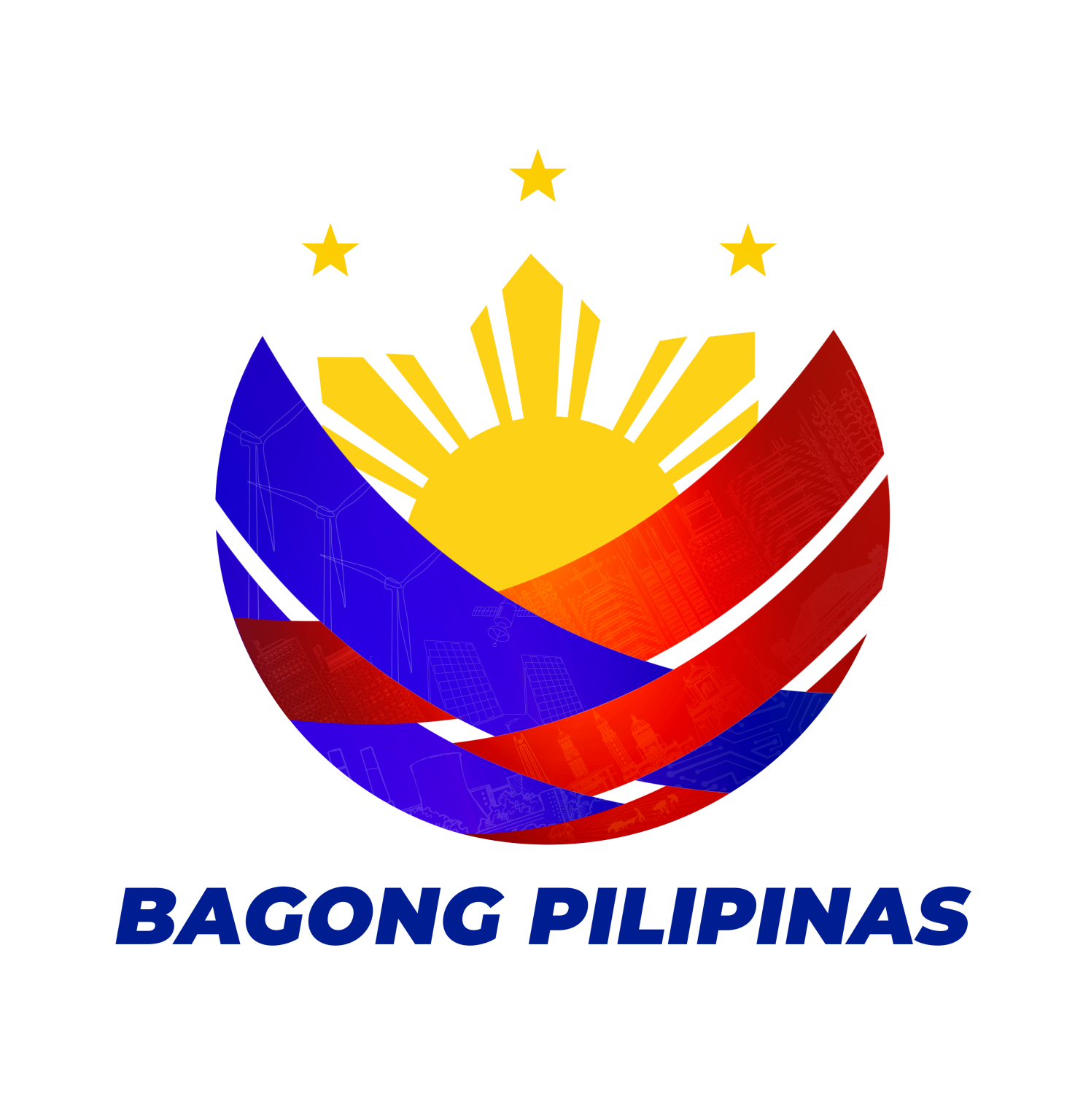ZAMBOANGA CITY – The Department of Social Welfare and Development (DSWD) Field Office IX continued to intensify its advocacy efforts to promote the utilization of the Listahanan 3 database by conducting a series of orientations earlier this month, to the Provincial Social Welfare and Development Offices (PSWDOs) of Zamboanga Sibugay, Zamboanga del Norte, and Zamboanga del Sur.
“We need to promote the importance of data sharing in leveraging the Listahanan 3 results for evidence-based policy planning and program implementation, particularly among PLGUs,” said DSWD Regional Director, Riduan P. Hadjimuddin, CESO IV.
The Listahanan 3 database may already be accessed by various stakeholders in social protection including but not limited to LGUs, national government agencies (NGAs), government-owned and controlled operations (GOCCs), civil society organizations (CSOs), non-government organizations (NGOs), and the academe.
“We desire to provide the guidelines and best practices for data sharing, emphasizing the essence of data security and confidentiality pursuant to the Data Privacy Act of 2012,” Director Hadjimuddin added.
All requests for Listahanan 3 data shall undergo a process that includes the review of the request as to the purpose and kind of data needed, and secure the approval of authorized officials for data generation.
Requests involving personal information (PI) and sensitive personal information (SPI) shall require the execution of a Data Sharing Agreement (DSA) or Non-Disclosure Agreement (NDA) between the DSWD and the end user.
Existing DSAs/NDAs with DSWD on the access of Listahanan data (Listahanan 1 and 2) do not apply to Listahanan 3.
Furthermore, the DSWD reserves the right to disapprove any request for data or information which, upon its assessment, the disclosure of such information or data will violate existing laws or any Department policies or guidelines.
During the conduct of series of orientations led by the National Household Targeting Section (NHTS), the PSWDOs expressed their desire to enter into a partnership agreement with DSWD recognizing the crucial role of the database in poverty reduction.
“It is really important for us to advocate the utilization of the Listahanan 3 database so that we can really help in efficiently addressing the different dimensions of poverty,” said Michael DS. Mustafa, Listahanan Regional Field Coordinator.
He added that with the information management system, we can easily identify households and individuals who are most in need of interventions both from the government and the private sector.
Meanwhile, the Listahanan 3 data (as of July 2022) shows that among the 706,844 households assessed in Zamboanga Peninsula, 53.06% or 375,070 are identified to be poor. This translates to 1,855,400 poor individuals out of the 2,921,499 assessed.
With this, three out of five individuals are living in poverty. Likewise, the identified poor in the region have a share of 6.70% to the overall poverty magnitude nationwide.
Zamboanga del Norte has the highest poverty magnitude in the region with 71.71% (157,164 poor households), followed by Zamboanga Sibugay with 50.21% (63,961 poor households), and Zamboanga del Sur at 49.48% (97,556 poor households).
In addition, Zamboanga City (41,618 poor households) registered a 30.07% poverty magnitude while Isabela City has 71.71% (14,771 poor households).
Listahanan, or the National Household Targeting System for Poverty Reduction (NHTS-PR), is an information management system that uses empirical methods to compile a database of who and where the country’s poor are.
It guarantees the establishment and management of a national socioeconomic database of poor households using a globally-accepted methodology.
The database can be accessed by stakeholders in the formulation and implementation of their poverty-reduction initiatives. ###
Photo-ops with PSWDOs of Zamboanga Sibugay, Zamboanga del Norte, and Zamboanga del Sur:






You must be logged in to post a comment.